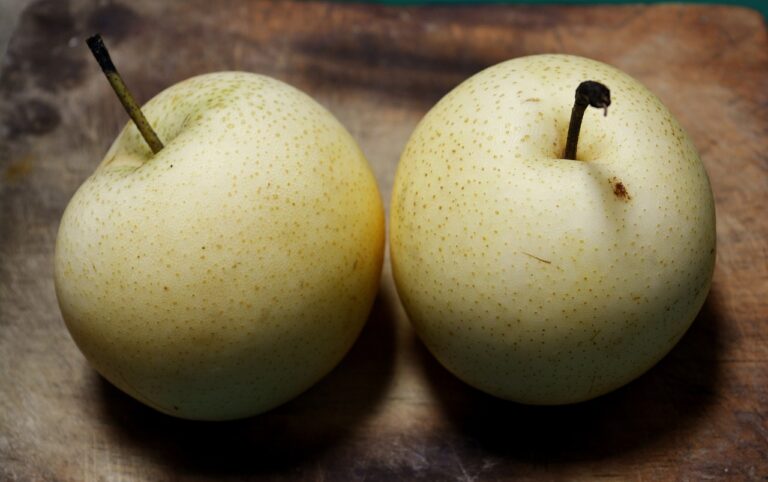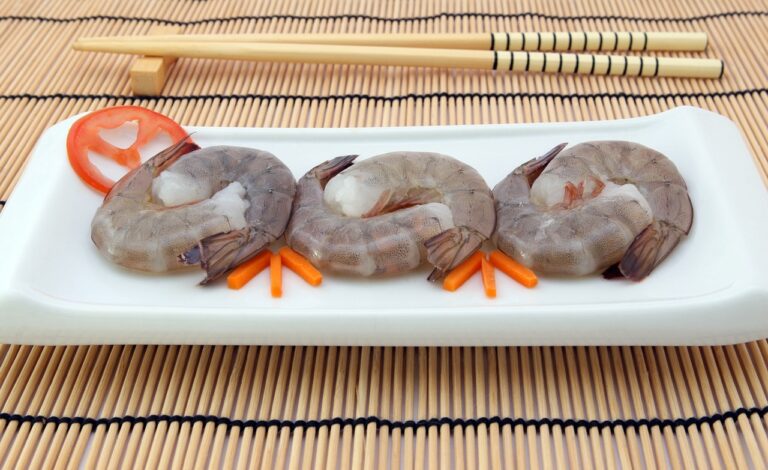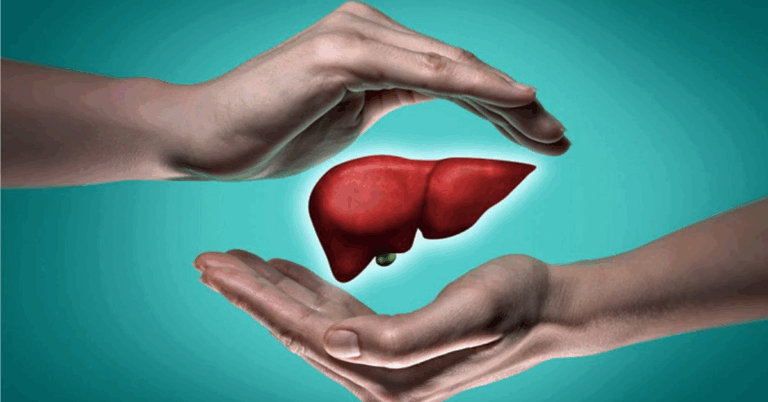Traditional Chinese Medicine (TCM) in Bishan: A Comprehensive Guide
Introduction to Traditional Chinese Medicine (TCM)
Traditional Chinese Medicine (TCM) is a holistic approach to health and wellness that has been practiced for thousands of years. Rooted in ancient Chinese philosophy, TCM seeks to restore balance in the body, mind, and spirit by addressing the root causes of illness rather than just the symptoms. The key components of TCM include acupuncture, herbal medicine, cupping therapy, dietary therapy, and Tui Na (Chinese therapeutic massage).
With its increasing popularity in modern times, TCM is now widely recognized not only in China but across the world, including Singapore. Bishan, a thriving residential area in Singapore, has seen a rise in the number of TCM clinics and practitioners, offering individuals a natural and alternative approach to healthcare. This article will explore the various aspects of TCM In Bishan, its benefits, common treatments, and frequently asked questions (FAQ) for anyone interested in exploring this ancient practice.
The Core Principles of Traditional Chinese Medicine
The foundation of TCM is based on the belief that the body is an interconnected system where the mind, body, and environment all play a crucial role in overall health. The key concepts that guide TCM practices are:
1. Qi (Vital Energy)
According to TCM, Qi (pronounced “chee”) is the vital life force that flows through the body. It is essential for maintaining health and wellbeing. Qi circulates through pathways in the body called meridians. When Qi is balanced and flowing freely, the body remains healthy. However, if Qi is blocked, deficient, or excessive, it can lead to illness or discomfort. TCM practitioners work to restore the natural flow of Qi to promote healing.
2. Yin and Yang
Yin and Yang are complementary forces that represent the dual nature of existence. Yin is associated with qualities such as coolness, rest, and nourishment, while Yang represents warmth, activity, and energy. In the body, an imbalance between Yin and Yang can lead to illness. TCM treatments aim to balance these forces within the body.
3. Five Elements Theory
The Five Elements—Wood, Fire, Earth, Metal, and Water—are used in TCM to explain the dynamic relationships between different organ systems. Each element is associated with specific organs, emotions, and functions in the body. By understanding how these elements interact, TCM practitioners can better diagnose and treat conditions.
Common TCM Treatments in Bishan
In Bishan, you will find a variety of TCM treatments that can address a wide range of health conditions. These treatments are customized according to the individual’s needs, and a comprehensive diagnosis is often made using methods such as pulse-taking, tongue examination, and an in-depth discussion of your medical history.
1. Acupuncture
Acupuncture is one of the most well-known TCM treatments. It involves inserting fine needles into specific points on the body, called acupuncture points, to stimulate the flow of Qi and restore balance. Acupuncture is commonly used to treat conditions such as pain management, digestive issues, insomnia, stress, and anxiety. It can also enhance the body’s natural healing abilities.
2. Herbal Medicine
Chinese herbal medicine plays a central role in TCM treatment. Herbs are used to support and strengthen the body’s systems and address various health conditions. Herbal formulas can be prescribed in the form of teas, capsules, powders, or extracts, and they are tailored to the individual’s needs. Common herbs used in TCM include Ginseng, Ginger, Licorice, and Dong Quai, among others. These herbs work to balance the body’s energy and restore harmony.
3. Cupping Therapy
Cupping therapy involves placing cups on the skin and creating suction. This technique is used to improve blood circulation, relieve muscle tension, and promote relaxation. Cupping is particularly effective for treating conditions such as chronic pain, respiratory issues, and digestive problems. It is often used in combination with acupuncture to enhance healing.
4. Tui Na (Chinese Massage)
Tui Na is a form of Chinese therapeutic massage that uses a combination of techniques, such as kneading, rolling, and pressing, to promote Qi flow and relieve muscle tension. It is commonly used to treat musculoskeletal conditions, headaches, and stress. Tui Na is often integrated with acupuncture and herbal treatments to achieve optimal results.
5. Dietary Therapy
In TCM, food is seen as an important tool for maintaining health. Dietary therapy focuses on the consumption of foods that balance the body’s Qi and nourish the organs. TCM practitioners may recommend specific foods or suggest dietary changes based on your individual needs. For example, consuming warm, easily digestible foods can help improve digestive function, while cooling foods may be recommended to combat excessive heat in the body.
Benefits of TCM in Bishan
Bishan residents seeking TCM treatments can benefit from a holistic and natural approach to health that works with the body’s natural processes rather than relying on pharmaceutical interventions. Some of the key benefits of TCM include:
1. Personalized Treatment
Each individual is unique, and TCM recognizes that there is no one-size-fits-all approach to healthcare. TCM practitioners take the time to understand each patient’s specific symptoms, lifestyle, and overall health to develop a personalized treatment plan.
2. Holistic Approach
Unlike conventional medicine, which often focuses solely on treating symptoms, TCM addresses the root causes of illness. By balancing the body’s energy and improving overall wellbeing, TCM can help prevent future health issues.
3. Natural Healing
TCM treatments use natural methods, such as acupuncture, herbal medicine, and massage, to stimulate the body’s self-healing mechanisms. This makes TCM a safe and effective alternative to pharmaceuticals, particularly for individuals seeking to avoid side effects or who have not responded well to conventional treatments.
4. Chronic Conditions Management
TCM is particularly effective in managing chronic conditions such as arthritis, digestive issues, and chronic fatigue. Through regular treatments, TCM can help alleviate symptoms and improve the quality of life for those dealing with long-term health challenges.
5. Stress Relief and Mental Health
TCM therapies, including acupuncture, cupping, and herbal medicine, are known to help reduce stress, anxiety, and depression. By restoring balance to the body’s energy system, TCM can improve emotional wellbeing and promote a sense of calm and relaxation.
Frequently Asked Questions (FAQ) about TCM in Bishan
1. Is TCM safe?
Yes, TCM is generally safe when performed by trained and licensed practitioners. Treatments like acupuncture and herbal medicine have been used for thousands of years with a proven track record of safety. However, it is important to consult with a qualified practitioner to ensure that the treatments are appropriate for your condition.
2. How long do TCM treatments take to work?
The time it takes to see results from TCM treatments varies depending on the individual and the condition being treated. Some people may experience immediate relief, while others may require multiple sessions for optimal results. Chronic conditions may take longer to address, but TCM practitioners work to provide long-term solutions rather than quick fixes.
3. Can I continue my regular medical treatment while receiving TCM?
In many cases, TCM can be used alongside conventional medical treatments. It is important to inform both your TCM practitioner and your regular healthcare provider about any ongoing treatments you are receiving to ensure that there are no contraindications or interactions.
4. Is acupuncture painful?
Acupuncture is typically not painful. Most people experience a slight sensation when the needles are inserted, but the discomfort is minimal. Many individuals find acupuncture to be relaxing, and some even fall asleep during treatment.
5. Can TCM help with weight loss?
Yes, TCM can be helpful for weight management. By balancing the body’s Qi and improving digestive function, TCM can support healthy metabolism and help regulate appetite. Acupuncture and herbal remedies may also assist in reducing cravings and promoting a healthy weight.
6. Are there any side effects from TCM treatments?
When administered by a skilled practitioner, TCM treatments are generally safe and have minimal side effects. However, some individuals may experience mild reactions such as slight bruising after cupping or temporary soreness after acupuncture. These side effects typically resolve on their own within a short period.
Conclusion
Traditional Chinese Medicine offers a valuable and holistic approach to health and wellbeing. Whether you are dealing with chronic pain, stress, or digestive issues, TCM treatments in Bishan provide effective solutions rooted in ancient wisdom. By focusing on restoring balance to the body’s energy system, TCM aims to promote long-term health and prevent future illness.
If you are considering TCM, be sure to consult with a licensed practitioner who can guide you on the best treatment plan tailored to your needs. With its natural and individualized approach, TCM can be a great complement to your overall healthcare journey, bringing harmony and vitality to your life.







